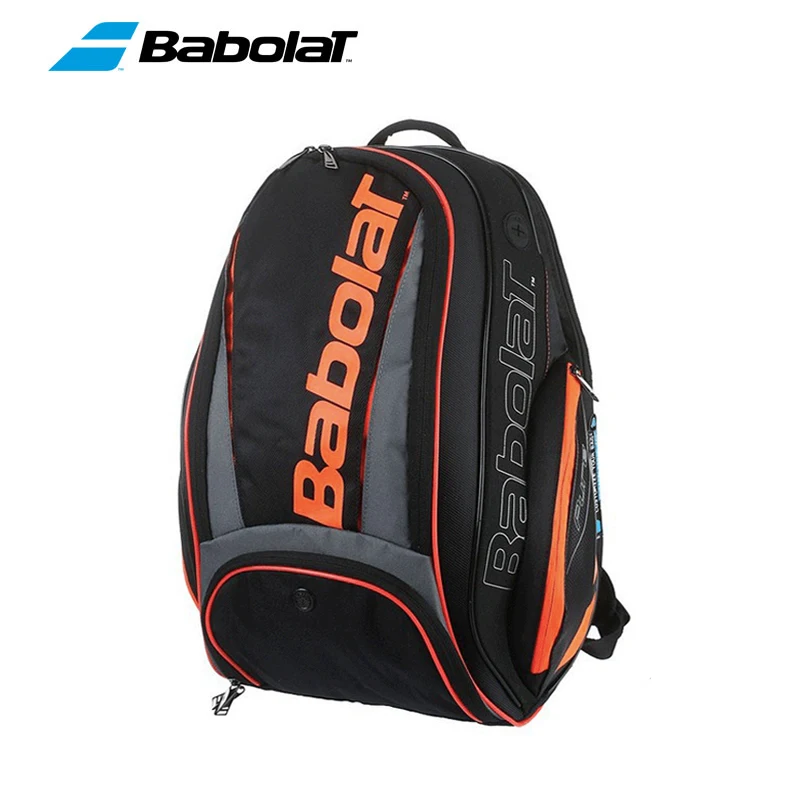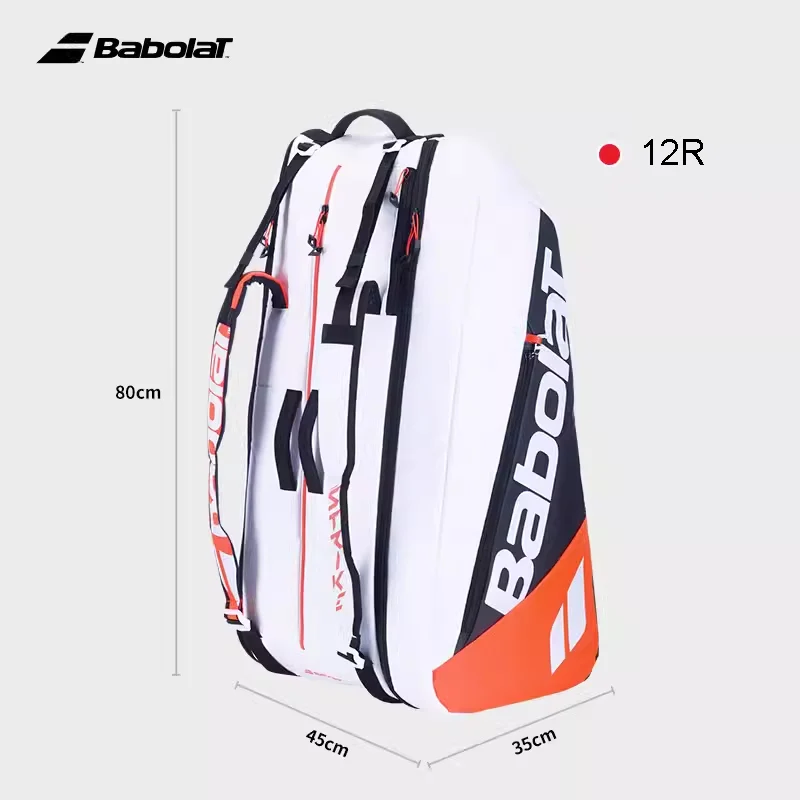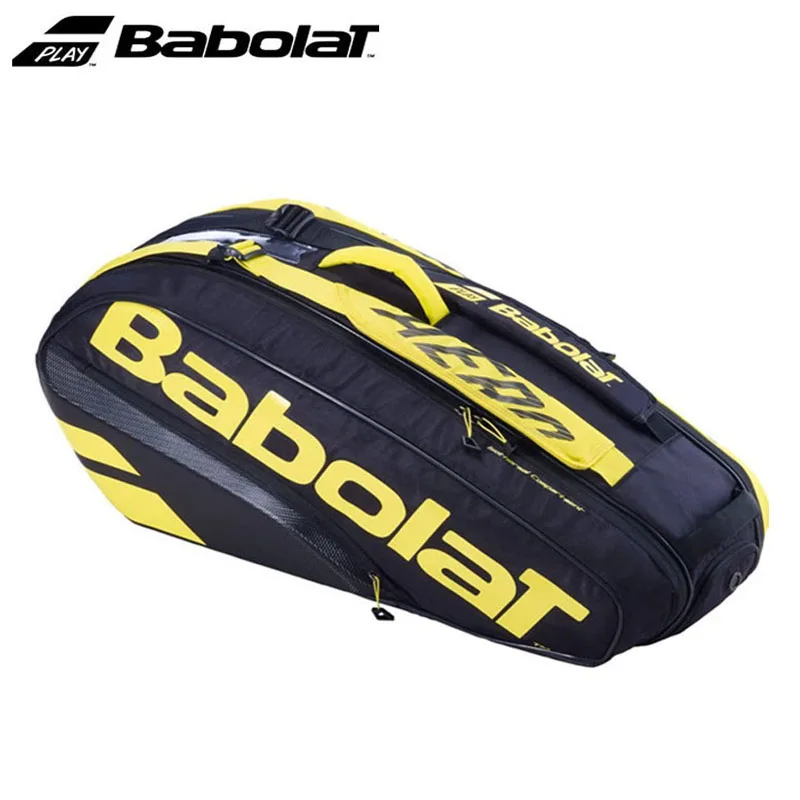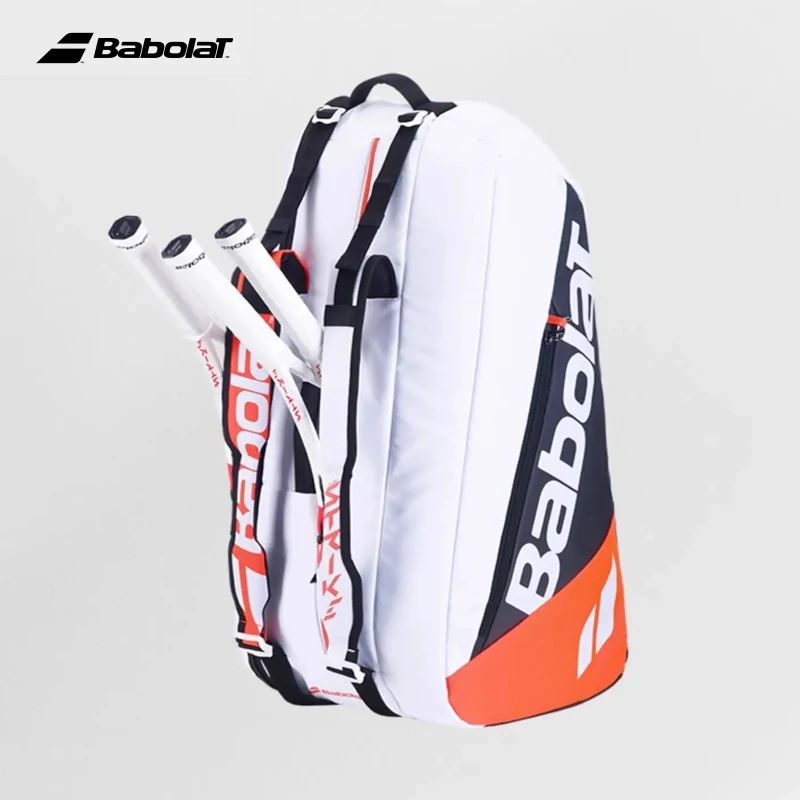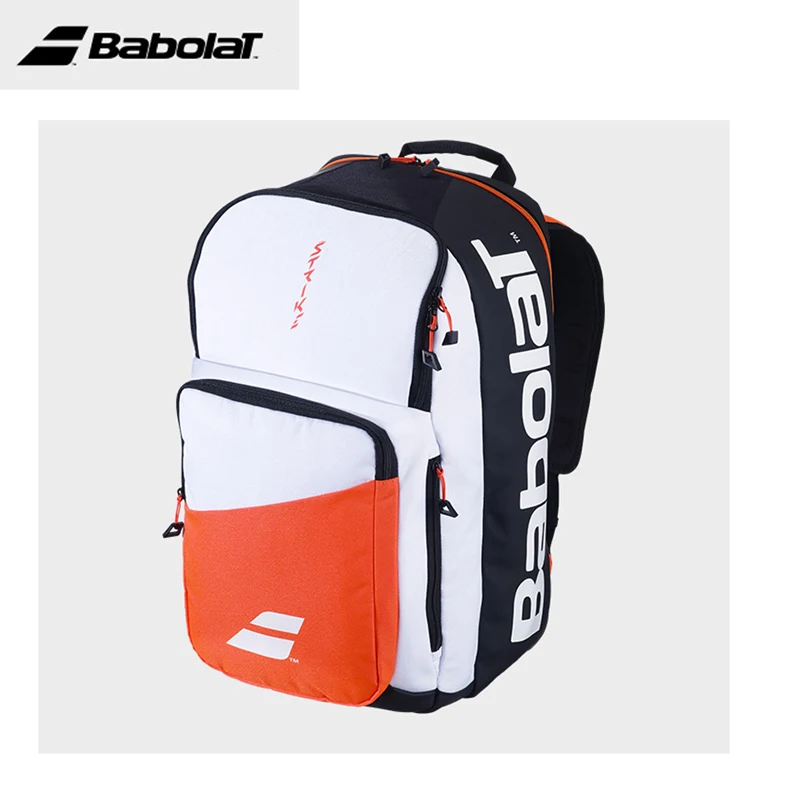When Starting a Home Garden: Which Potting Soil to Use for Growing Vegetables
Choosing the right potting soil is crucial for the success of your home vegetable garden. When selecting a potting soil, consider the following factors:
Drainage: Vegetables need well-draining soil to prevent root rot. Look for potting soils that contain perlite, vermiculite, or sand, which help improve drainage.
Nutrients: Vegetables require a balanced supply of nutrients, such as nitrogen, phosphorus, and potassium. Choose potting soils that are labeled "complete" or "balanced" and provide these essential nutrients.
Composition: Potting soils can be made from different materials, including peat moss, coconut coir, and composted manure. Each material offers unique properties. Peat moss retains moisture well, while coconut coir provides good aeration. Composted manure adds organic matter and nutrients.
pH Level: Most vegetables thrive in slightly acidic soil with a pH between 6.0 and 6.8. Check the pH level of your potting soil before planting and adjust it accordingly if necessary.
Organic vs. Synthetic: Organic potting soils are made from natural materials, while synthetic potting soils contain artificial fertilizers. Organic potting soils are generally preferred for vegetable gardening as they provide a more sustainable and environmentally friendly option.
Recommended Potting Soils:
- Miracle-Gro Moisture Control Potting Mix
- Espoma Organic Potting Mix
- FoxFarm Happy Frog Potting Soil
- Dr. Earth Home Grown Vegetable Potting Soil
- Coast of Maine Organic Lobster Compost
Related Questions:
- What is the difference between potting soil and garden soil?
- How often should I fertilize my vegetable plants?
- Can I use potting soil for indoor plants outdoors?
- How do I improve drainage in my potting soil?
- Which vegetables are best for beginner gardeners?
Pre:Why did my miniature breed Dachshund grow to standard size
Next:Why do the Himalayas keep on growing while the Alaska mountains are shrinking





